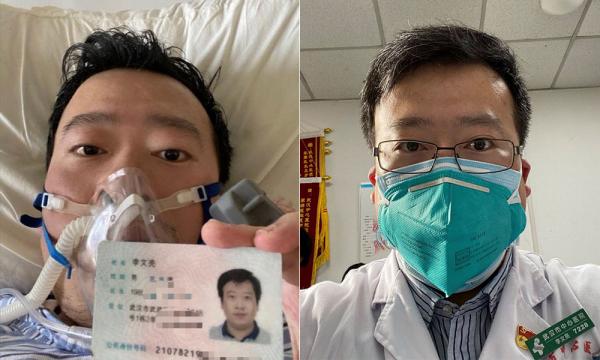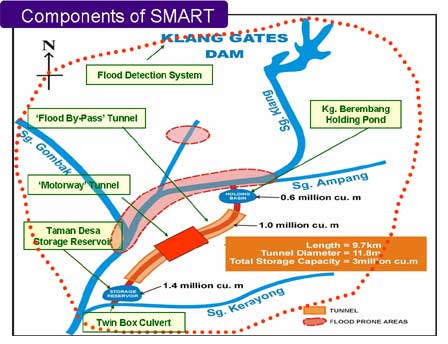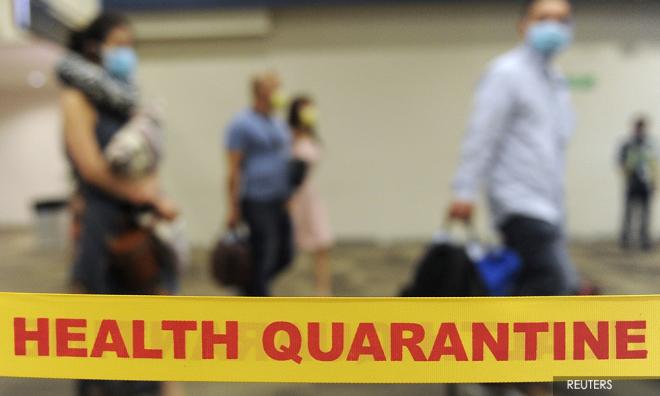
Published by EMIR Research, image from Malaysiakini.
China’s violation of human rights towards its own citizens who dare speak the brutal truth is always a concern of activists of NGOs across the globe.
The Chinese Communist Party’s (CCP) willingness to crush dissent has been speculated by many observers as one of the reasons why the 2019-nCoV, now known as Covid-19, is more serious than otherwise presented.
Dr Li Wenliang who succumbed to Covid-19 on 7 February was among the first of medical doctors who tried to warn the country of the extremely infectious disease that resembles the Severe Acute Respiratory Syndrome (SARS).
He was summoned to the local Public Safety Bureau office to sign a letter which accused him of spreading false rumours and disrupting public order.
Now, as the virus has infected more than 75,000 people over the world and killed over 600 people including Dr Li himself, it is nothing but proof that his early warning was not just a rumour.
And that the warning is as true as the fact of the sun rising from the east.
There were seven others who have also tried to warn the public but the same happened to them as they too were summoned by the authorities. Sadly, and unfortunately, there is no update as to what has happened to them since then.
Multiple experts in the field of epidemiology have since concluded that if the early warning was taken seriously, the Chinese government will have had a much easier time in containing Covid-19, and the number of those infected and the death toll would have been much lower.
However, until now China has yet to openly apologise to the international society and admit wrongdoing in trying to obscure the truth about Covid-19. It would seem that they did not learn their lesson from the outbreak of SARS in 2002.
Despite their efforts in updating the information about Covid-19 every day since the existence of the outbreak was acknowledged, observers remain skeptical however.
China is suspected to be still hiding something, as the model conducted by experts to calculate how fast an epidemic will spread have predicted a much higher count of the infected.
Nevertheless, China now is trying its best to do damage control as well as contain and stop the spreading of the disease.
And the World Health Organization (WHO) has praised China for the good work done so far.
The censorship of information about Covid-19 had not only angered the international community but also the citizens of China especially those who live in the province of Hubei and its capital city of Wuhan.
Unthinkable only prior to the outbreak, many citizens have started to openly criticise the Chinese government in vehement terms for the response in the initial stages of the outbreak as well as for the nature of the lockdown.
And not least, Chinese citizens have started to voice out their opinion and concern over the death of Dr Li, in no uncertain terms.
Fortunately, the Chinese government did not take any action against its citizens who criticised the CCP. In fact, action was taken to investigate the death of Dr Li due to the intense criticism and big outcry from the public. This has probably never happened before.
Back in 2017, the Nobel Peace Prize winner, the late Liu Xiaobo, died under incarceration. Whilst his death was widely reported in the Western media, China decided to censor everything related to Liu Xiaobo. His name, photo and even a simple candle emoji was censored by the Chinese authorities.
The case of Dr Li is the first time China decided to refrain from public censorship over the death of someone who is embraced by the public as a hero and a figure who evoked much sympathy and emotion. However, will this newfound freedom to express one’s feeling continue after the outbreak?
China is the largest economy in the world (after the US), and a lot of countries wish to do business with China. It is almost impossible to talk to China regarding human rights issues without jeopardising the relationship between two countries.
Donald Trump seems to not care about human rights as much as all the previous presidents did. The EU has a leading role to play but it is beset by internal politicking with Britain leaving the EU and all that.
The UN has been largely “ineffective”. One of the central aims of the existence of the UN is to promote and protect universal human rights.
When powerful countries and international organisations that emphasise much on human rights maintain the gag order on China, there will be no pressure whatsoever for the country to stop the abuse of human rights.
One reason China is taking action to investigate the death of Dr Li is because of public anger.
If public anger can be sustained until the epidemic is over, there is a slight chance that the citizens can see the dawn of a newfound freedom of expression. And perhaps other things that people enjoy in other freer and more democratic or less autocratic or non-totalitarian societies.
Last but not least, may the heroic doctor, the late Li Wenliang, forever rest in peace.
Jamari Mohtar and Chia Chu Hang are part of the research team of EMIR Research, an independent think tank focused on strategic policy recommendations based on rigorous research.

